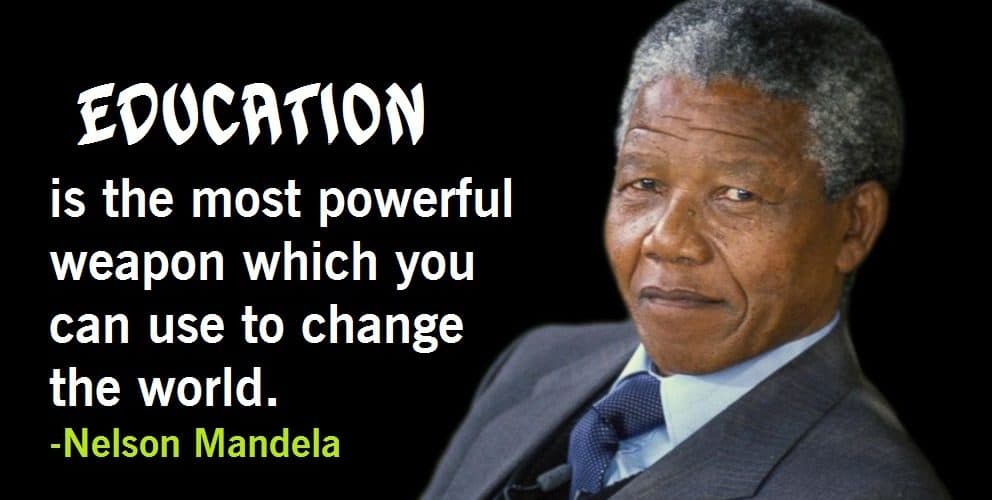Time Well Spent
https://wordart.com/3rausnncjuel/word-art
I decided to start this week’s blog post with a word cloud
with all of the interconnections plus some of the concepts that have inspired
me over my coursework at Walden. Looking at my word art, I also feel the impact
of each of these things and all are a part of my growth.
There are three deeply felt learnings I gained from this
program. The first thing is what I learned about myself by creating my diversity
profile, social identities, and biases. Looking at my childhood profile and
comparing it to my adulthood profile helped me to see what childhood
experiences formed who I am today. It also helped me to realize that messages
children receive at a young age stay with them and that it is my responsibility
to do all I can to ensure that these messages are positive for healthy
development. Lastly, by looking at my social identities profile (Derman-Sparks
& Edwards, 2010, p. 31), I was able to see both the advantages and
disadvantages of being who I am. What I
discovered is that I have equal advantages and disadvantages due to my social
identities. Some of my advantages include “White, European American, English-speaking,
sexual orientation, and education” (Derman-Sparks & Edwards, 2010, p. 31).
Some of my disadvantages include “gender, age, ability, and family structure”
(Derman-Sparks & Edwards, 2010, p.31). Understanding my social identities
has helped me to relate to others’ experiences by doing my best to put myself
in their shoes.
This program has also helped me to be a better communicator.
The largest obstacle for me was voicing my opinions and thoughts at work. Even
though I have a great work environment, there have been times where I wished I
would have voiced my opinion or shared an idea. After learning about how to be
an effective communicator and how to use nonviolent communication during
conflict, I am more confident in sharing my ideas, voicing my opinion, and
speaking up respectfully during times of minor conflict.
The last thing I have learned from this program is that
passion and vision can lead to positive social change. Working through my
challenge has been the most amazing experience. I took my passion for
integrating nature-based play, worked through realistic goals, and formed a
reliable community of practice. The best part is I get to see my goals turn
into reality. The team at my school is already implementing parts of my project.
My co-teacher and I have begun implementing nature-based activities such as
hatching chicks and going on nature walks. Next is building a chicken coop on
campus, remodeling our garden, and attending a week-long nature-based camp.
My long term goal would be to see nature-based play fully
integrated into Primavera School and building a long-term partnership with
Prescott College. I am also hoping to continue learning about nature-based play
through our partnership. I am also envisioning future employment and continuing
education with Prescott College.
I want to give my deepest thanks to Dr. Embree. It was a
privilege to have you as my first and last instructor. You were there at the
beginning to help ease my anxiety in pursuing my degree and at the end to
encourage me to think deeply about my passion, how to put it into words, and to
help me see it through. I also want to thank my colleagues. Without you all, I
would not have grown as an educator. I have learned so much from all of you.
Everyone’s support was also invaluable. Many of you were in all of the same courses,
discussion groups, and/or blog groups. I love the effective educators that we
have all become! I wish all of you my very best. I know you all will rock in
whatever your future brings.
I’m going to leave you all with one of my favorite quotes: “Unless someone like you cares a whole awful lot, nothing is
going to get better.” “It's not” (Dr. Suess, 1971).
If you wish to stay in contact, here is my email address: trishy0302@gmail.com




